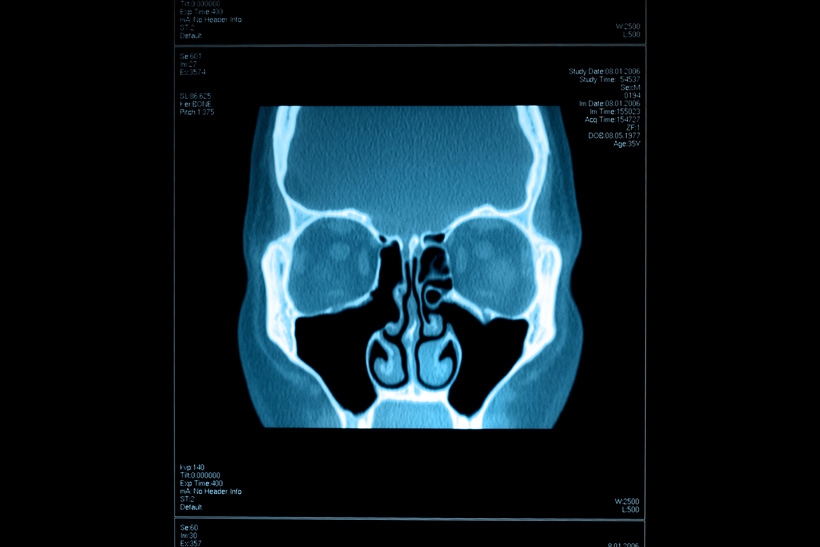X-rays were invented in 1895, and the technology completely changed the way we were able to practice medicine. The ability to take a noninvasive look inside the human body has saved countless lives and allowed people to quickly get the treatment they need.
This technology took a giant leap forward when computing was added to the mix, giving us computed tomography, or the CT scan. Now, we’re able to achieve a cross-sectional, 3-dimensional view of the inner structures of the body, which paints a far more accurate picture.
As sinus specialists, Dr. Cecil Yeung and Dr. Marcus Hershey here at Houston Sinus Surgery routinely turn to CT scans for a clearer picture of what’s happening inside these facial cavities. This technology is so effective, that we have our own CT scanner in-house.
To give you an idea about why CT scans are so valuable when it comes to the health of your sinuses, here’s a look at five reasons why we use this technology.
1. Difficulty breathing and chronic congestion
If you’re experiencing difficulty breathing because of chronic nasal congestion, one of our first steps is to see whether the problem stems from your sinuses. From thickened sinus membranes to higher-than-normal fluid levels, we can spot these issues with a CT scan and take steps to remedy your chronic congestion so you can breathe easier again.
2. Chronic sinusitis
Nearly 30 million Americans have chronic sinusitis, and millions more suffer from acute sinus infections. With a CT scan, we can check for the telltale signs of this type of inflammatory infection and get you on the road to better sinus health more quickly.
3. Diagnosing facial pain
If you feel pain or pressure in your face, we can use a CT scan to see whether your sinuses may play a part. For example, many people experience what they think is tooth pain only to find that the discomfort is caused by inflamed sinuses that are close to the sensitive nerves in the upper teeth.
For another example, you may be experiencing pain and pressure in your cheeks or around your eyes. With a CT scan, we can determine whether these headaches are related to your sinuses.
4. Prepping for surgery
If we’ve already diagnosed you with a problem in your sinuses, and we want to perform a procedure, such as a balloon sinuplasty or functional endoscopic sinus surgery, we can use a CT scan to accurately map your sinuses.
5. Cerebrospinal fluid leak
Another use for the CT scan is to diagnose a cerebrospinal fluid leak, which can occur because of head or facial trauma or as a result of surgery. With a CT scan of your head using contrast dye, we can locate and track the leak, which can help us design an appropriate treatment plan.
As you can see, it’s little wonder that we have a CT scanner on the premises, given the many ways in which this technology can help us do our jobs better and remedy your sinus issues more quickly.
If you have more questions about the CT scan or what you can expect during this imaging, call our Houston office at or book an appointment online today.




